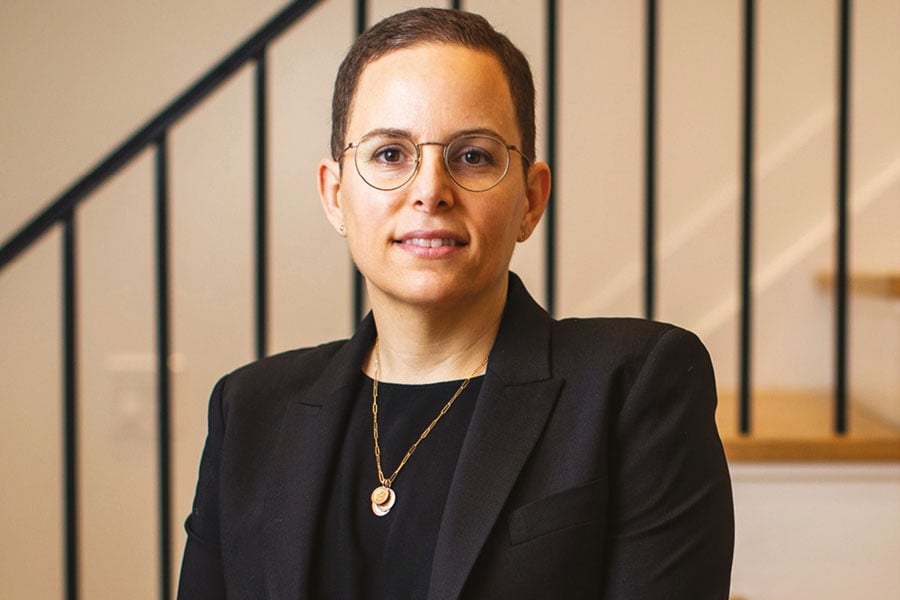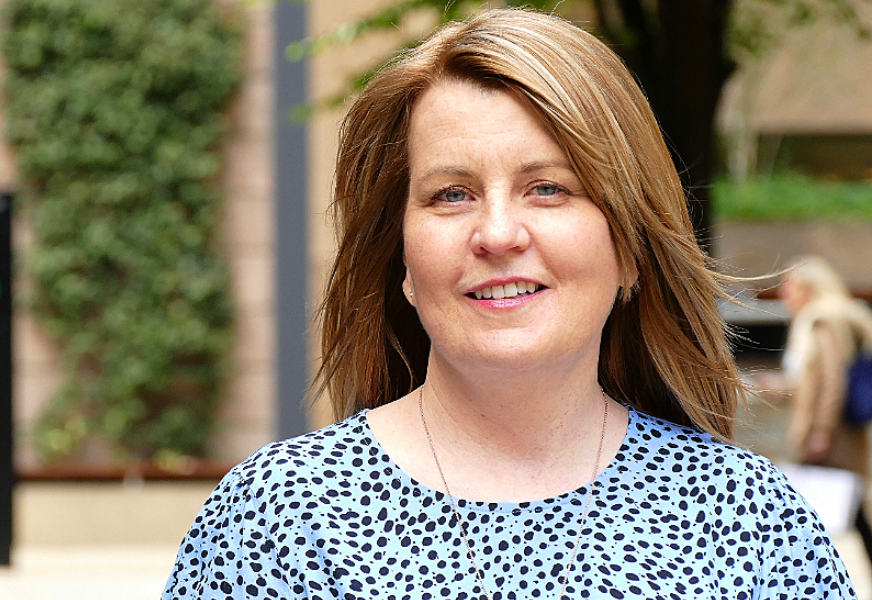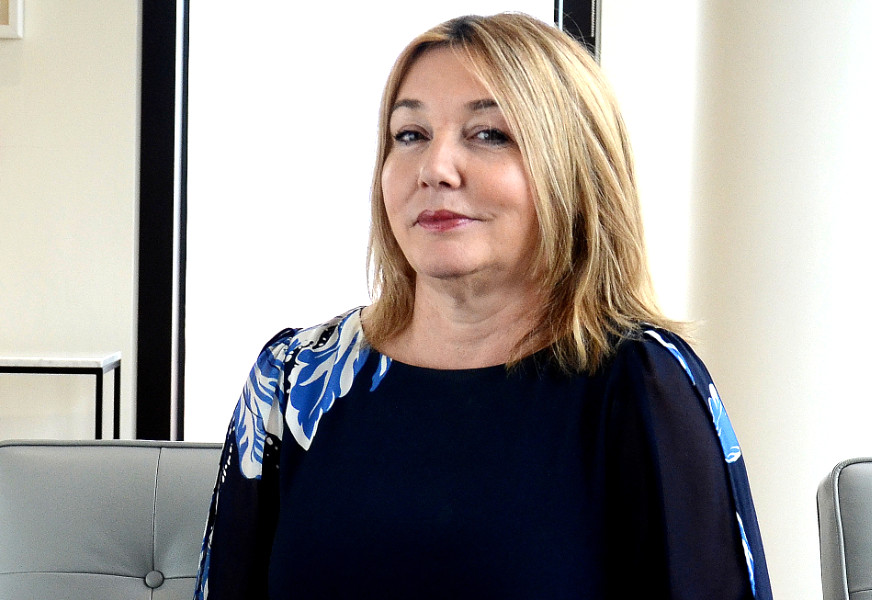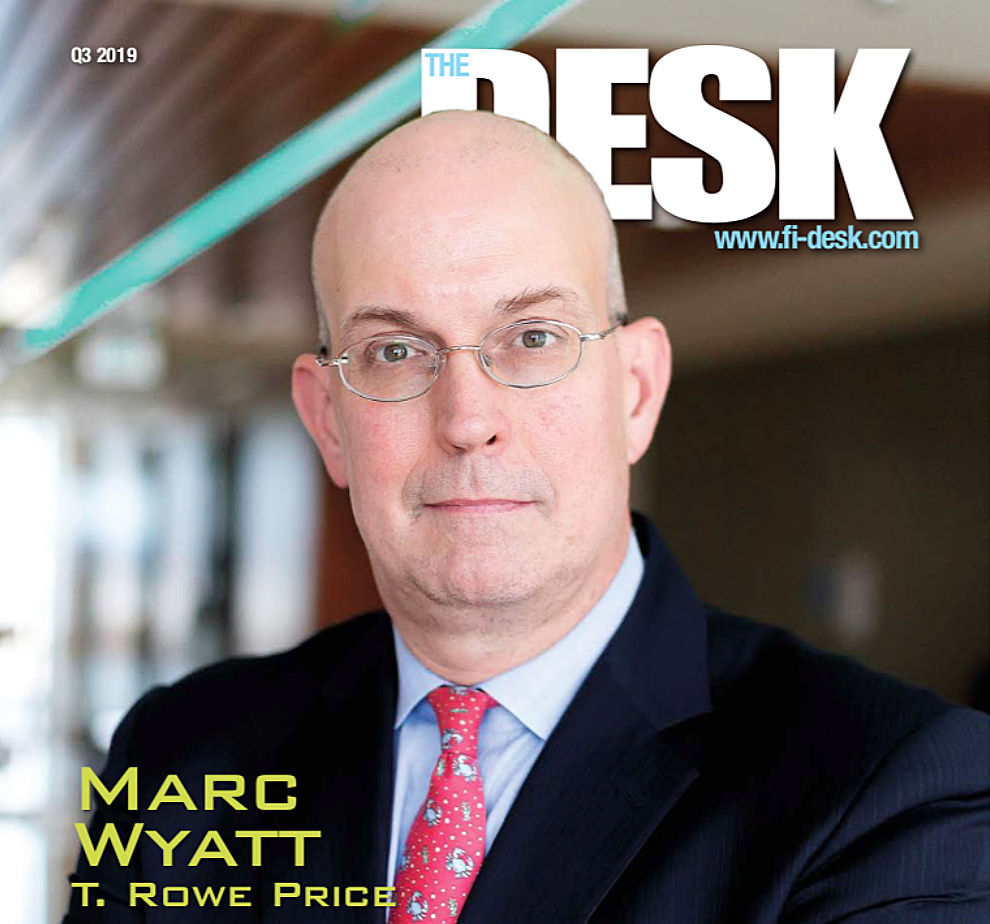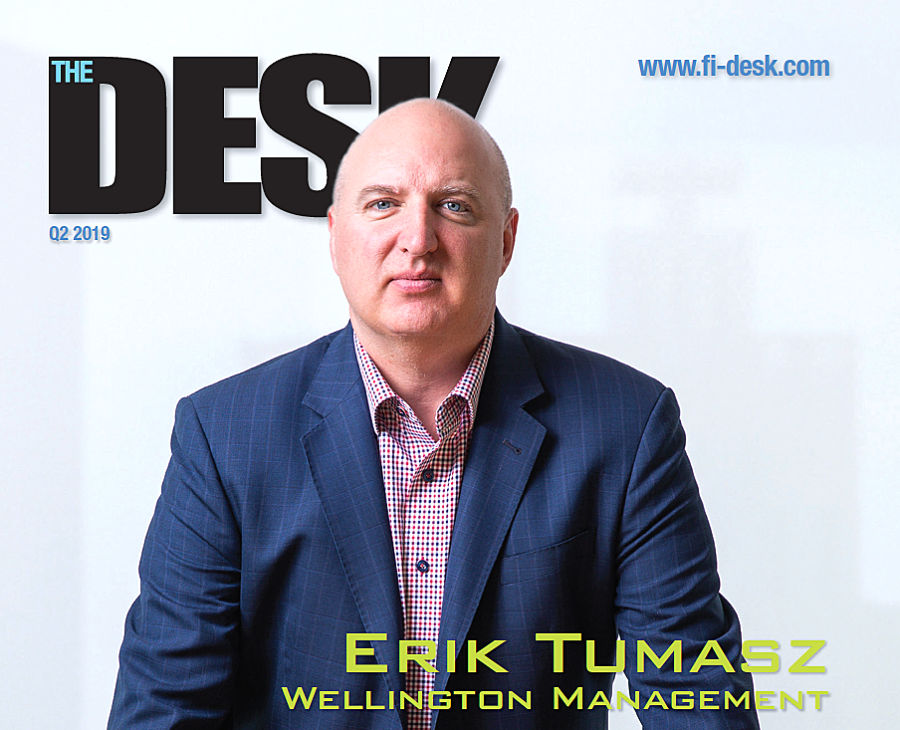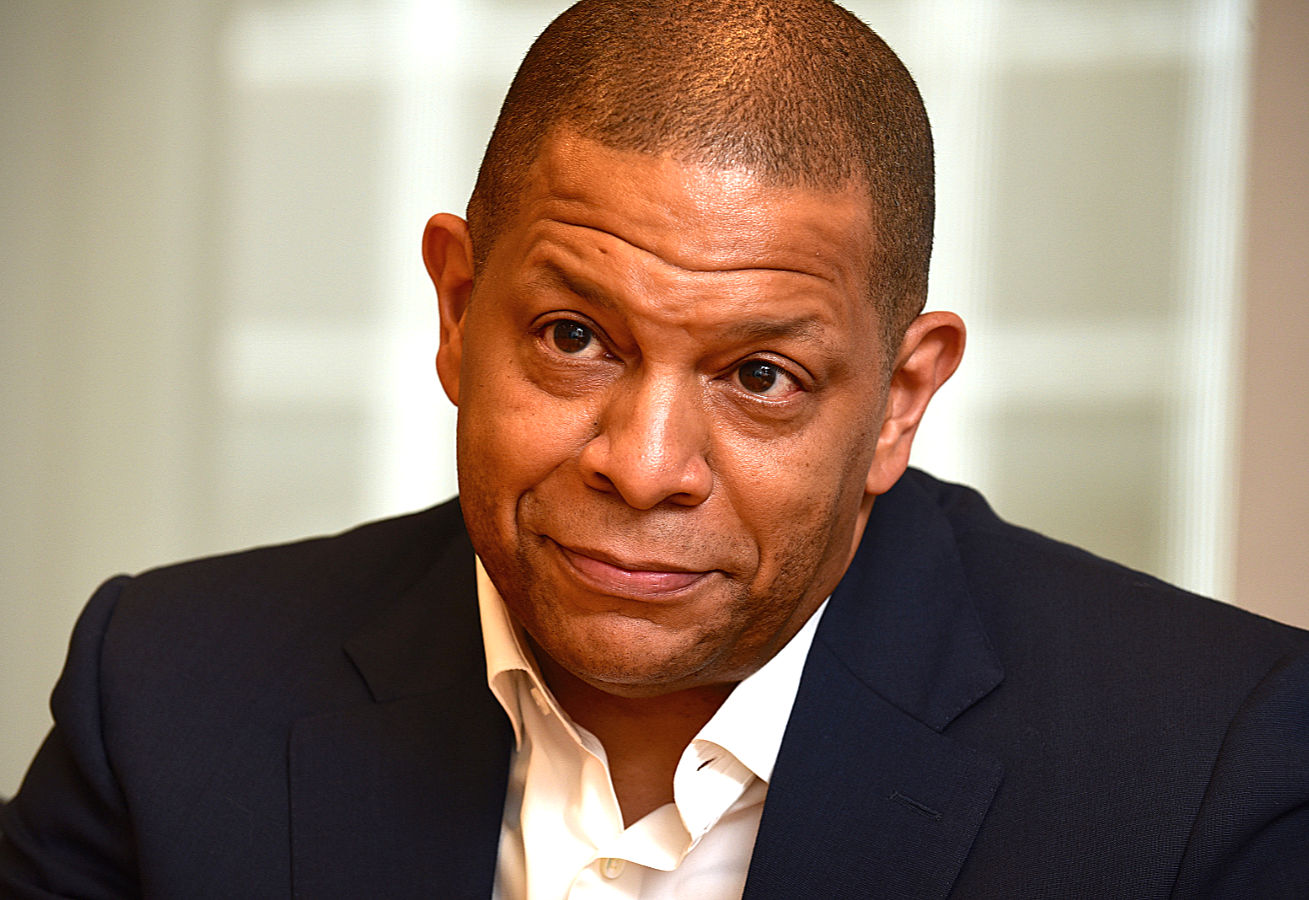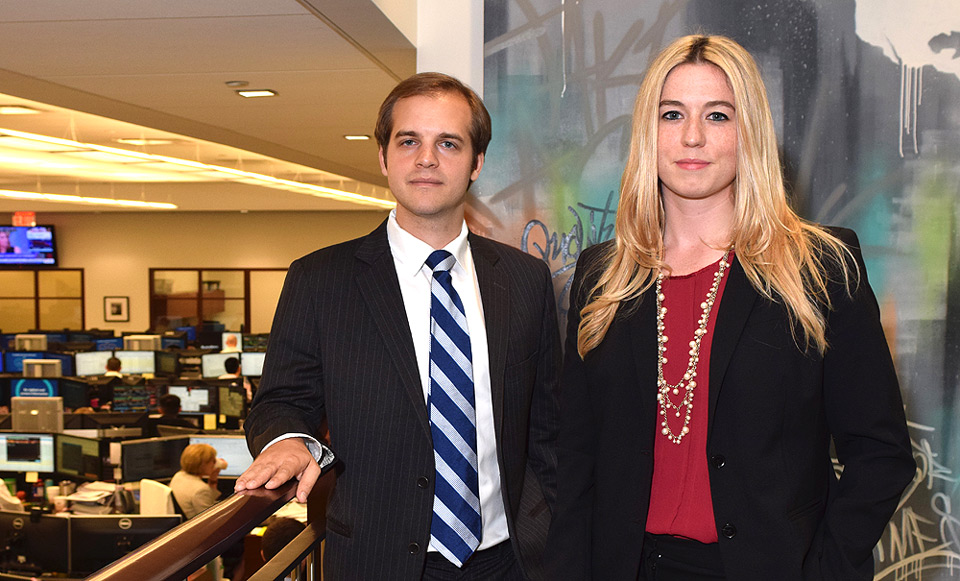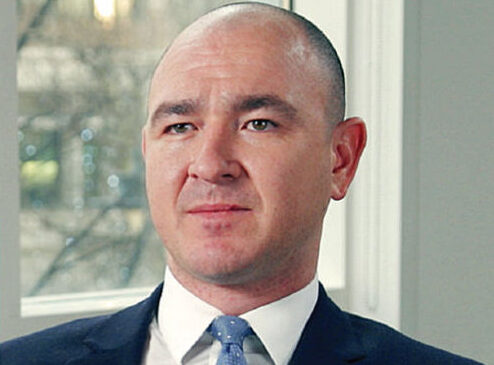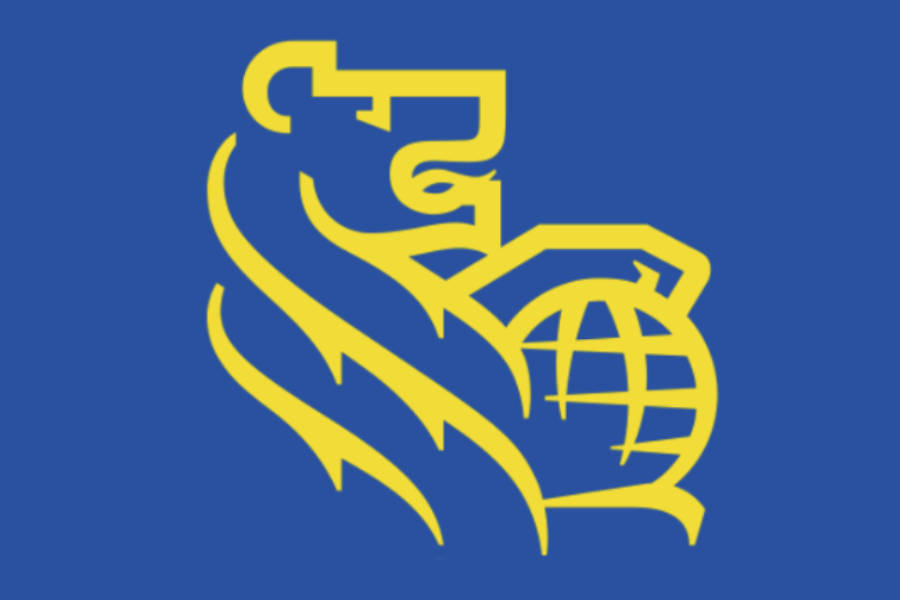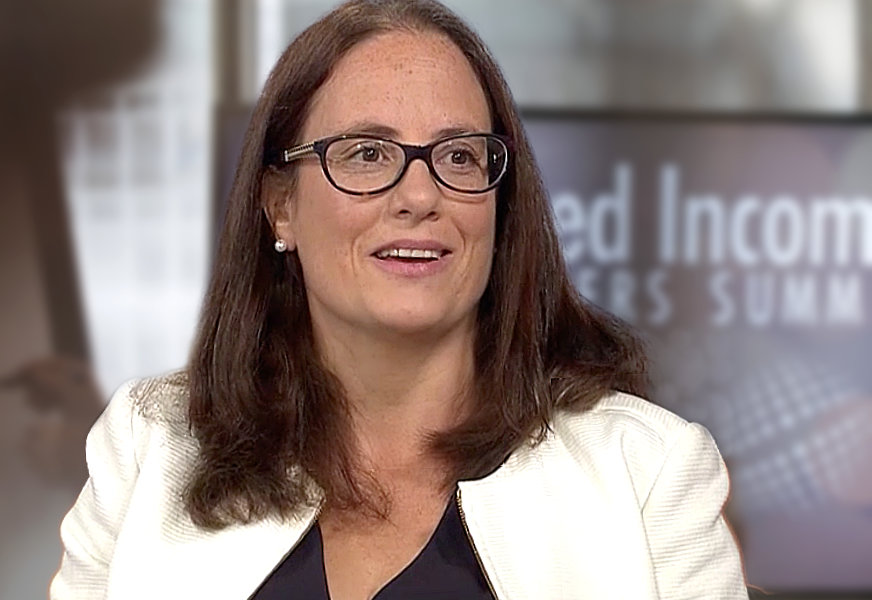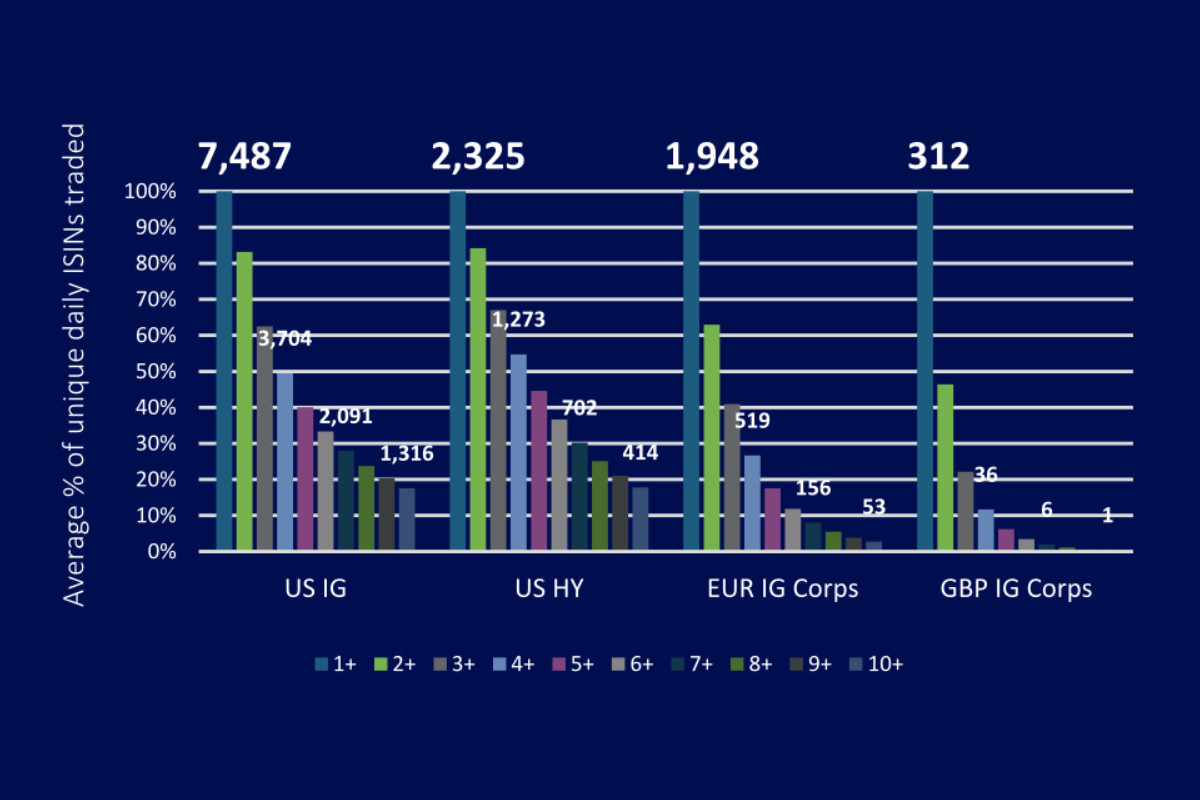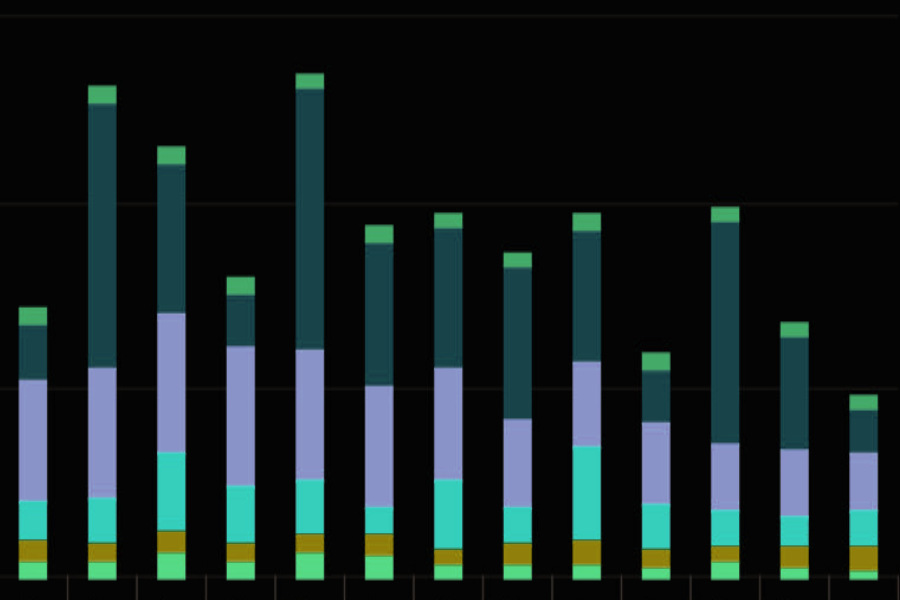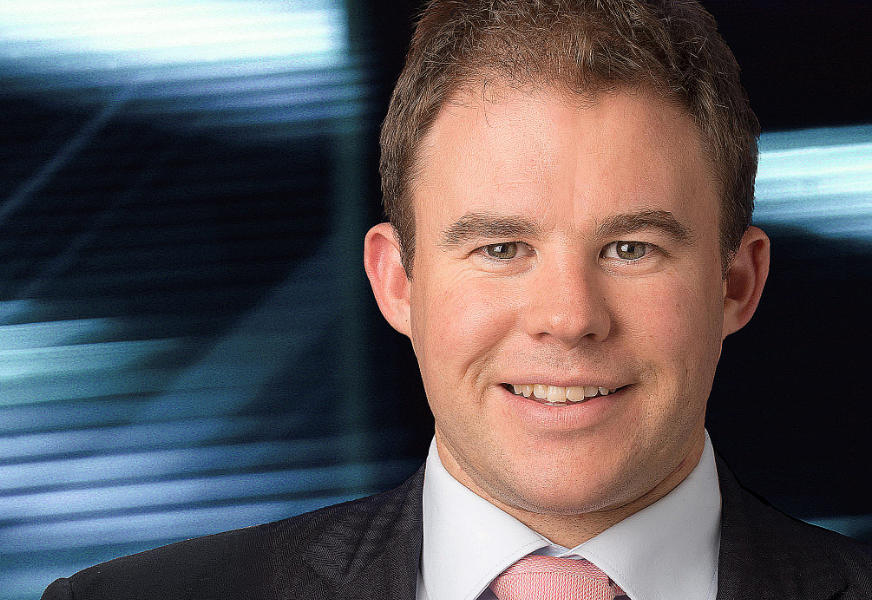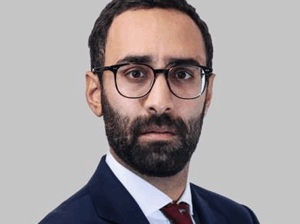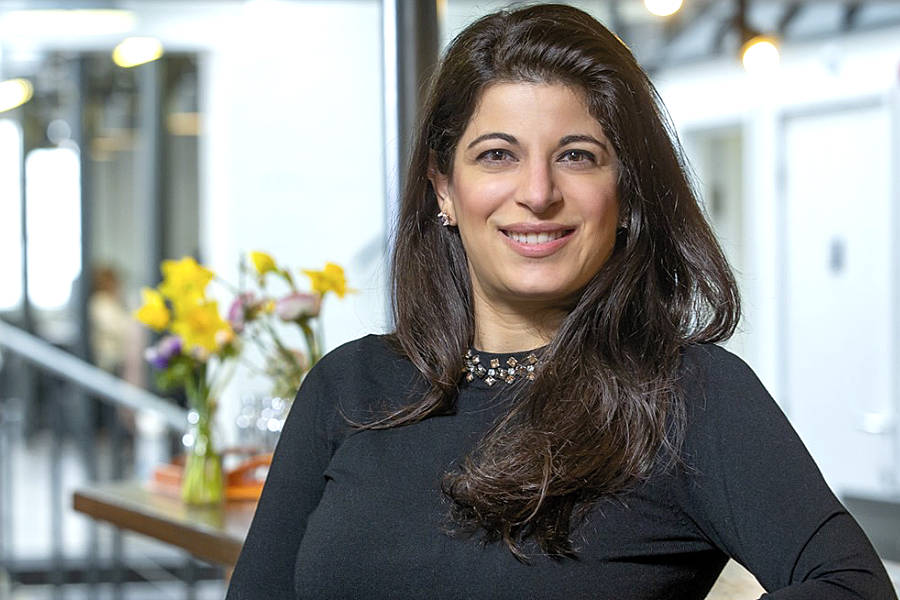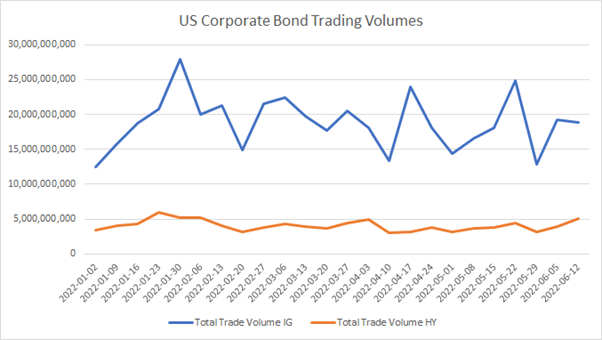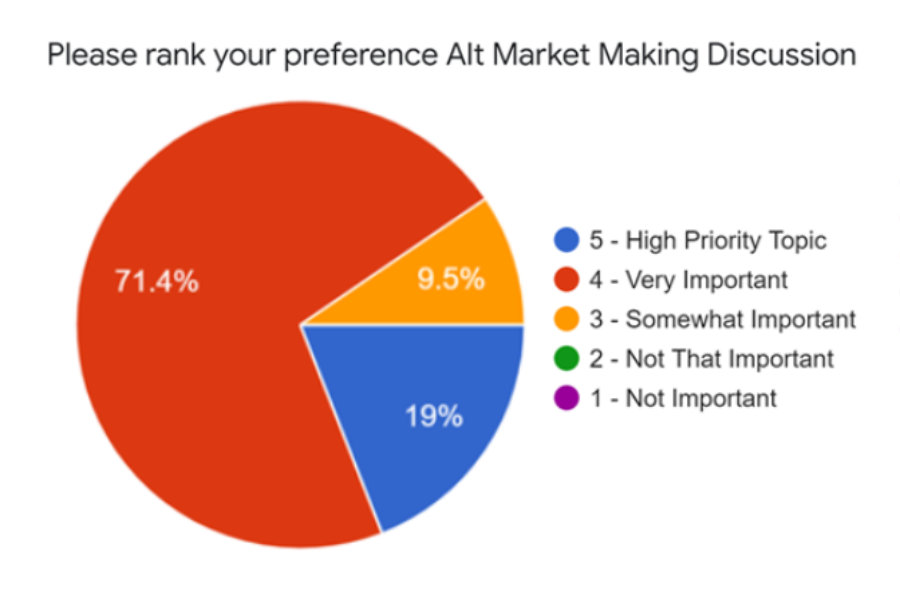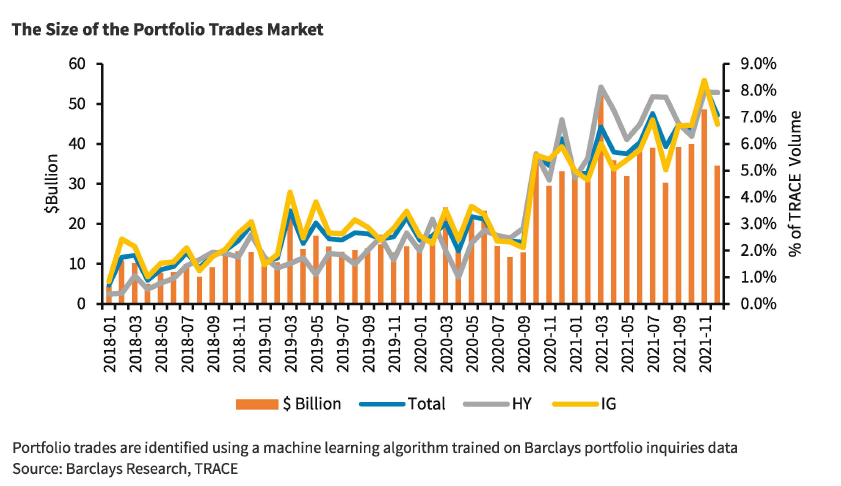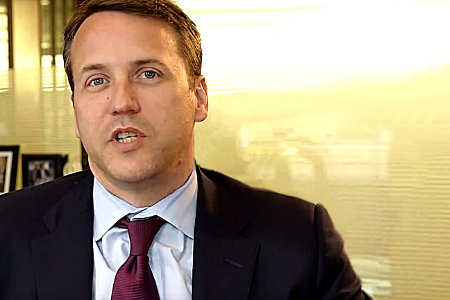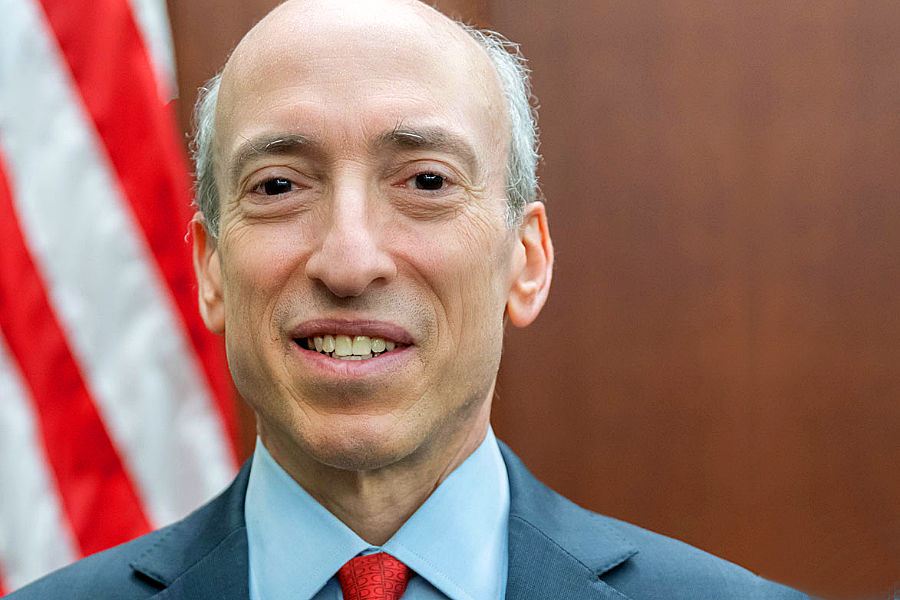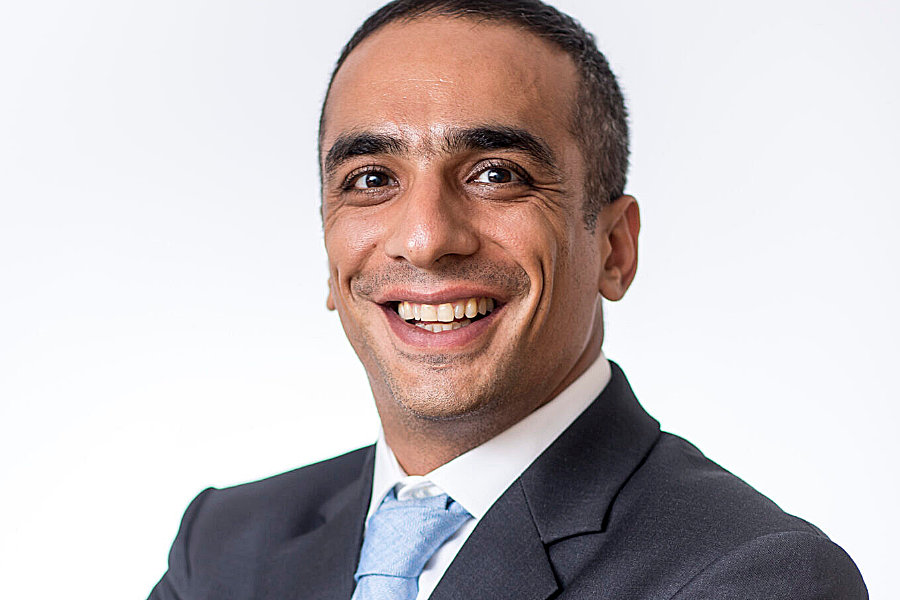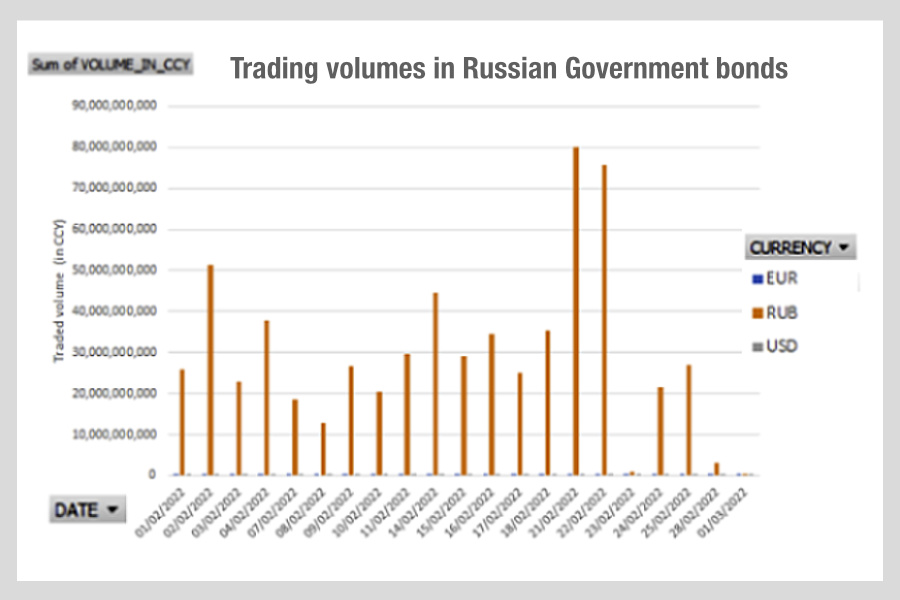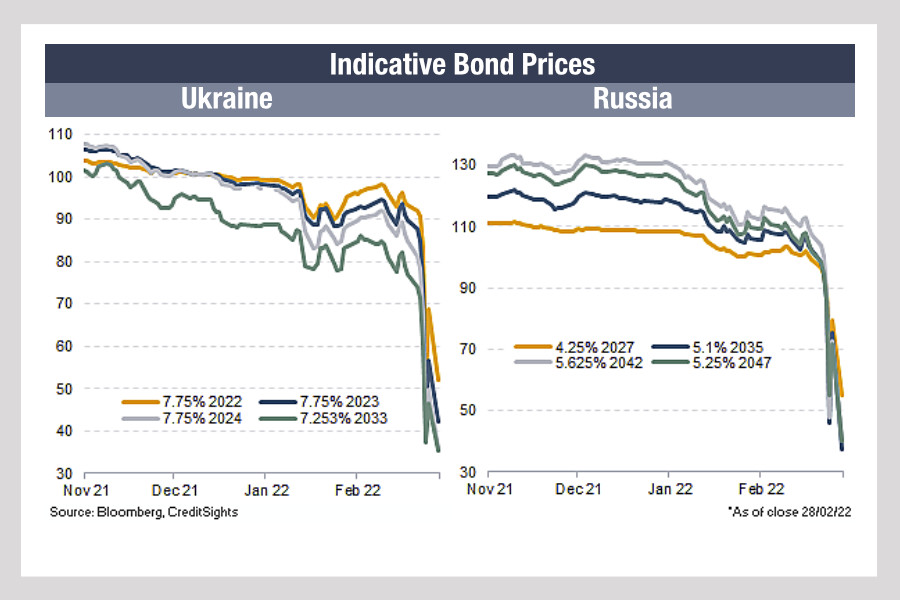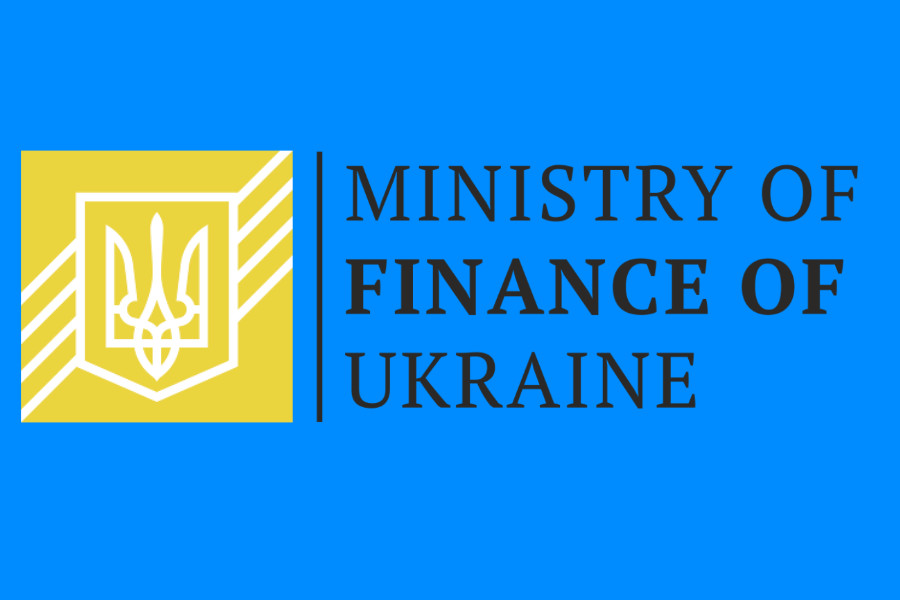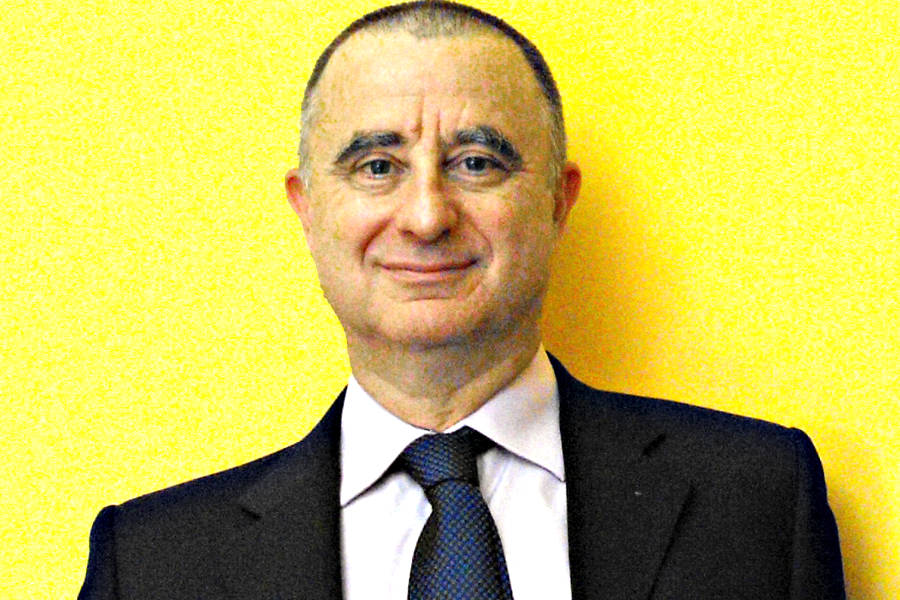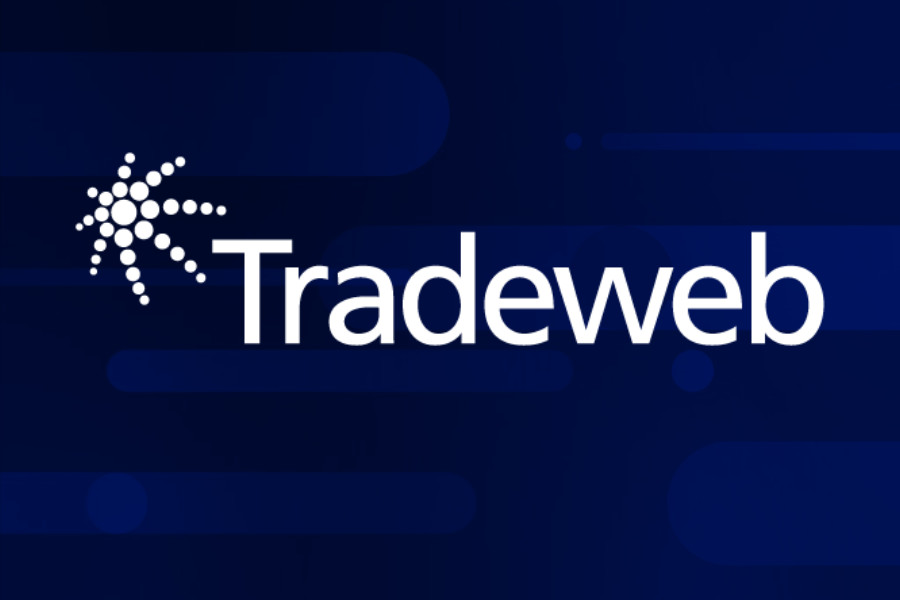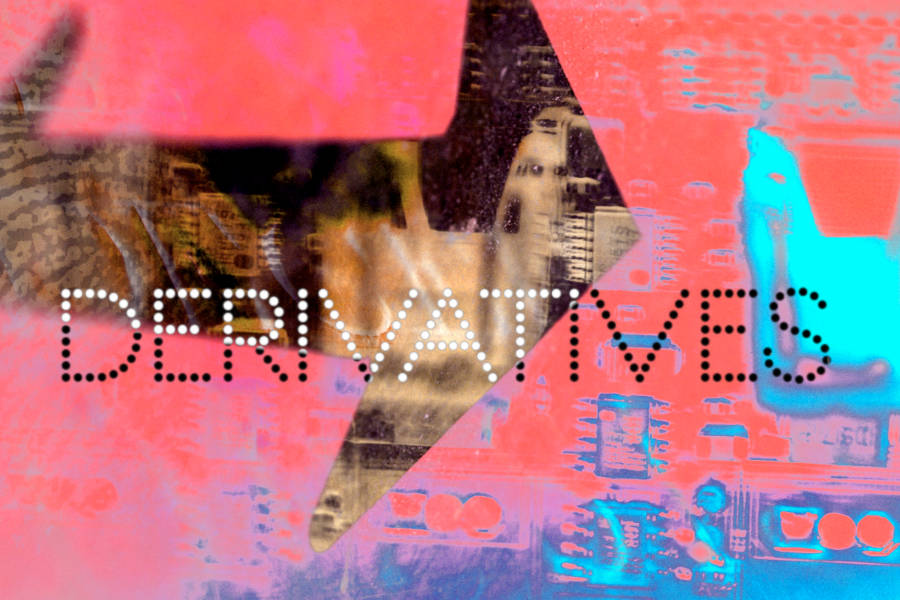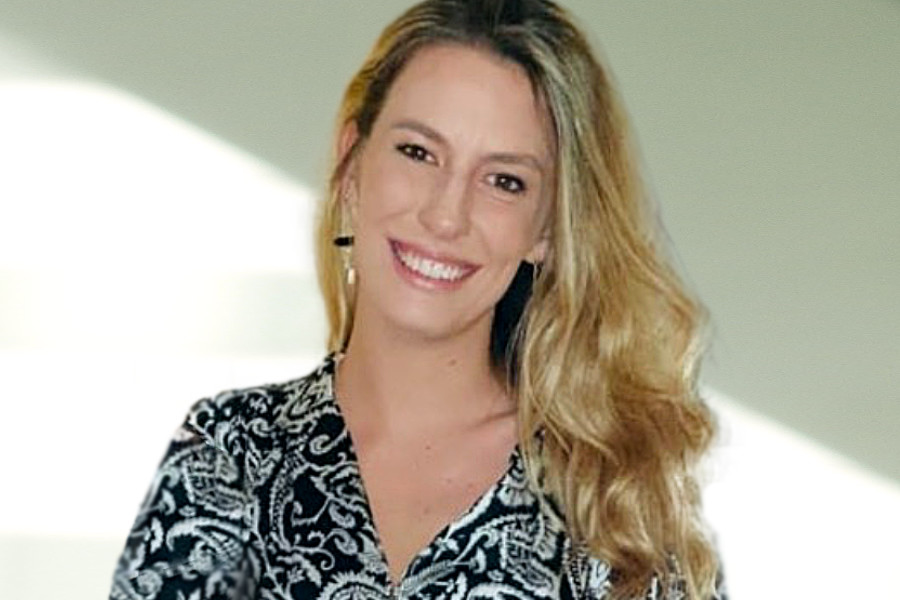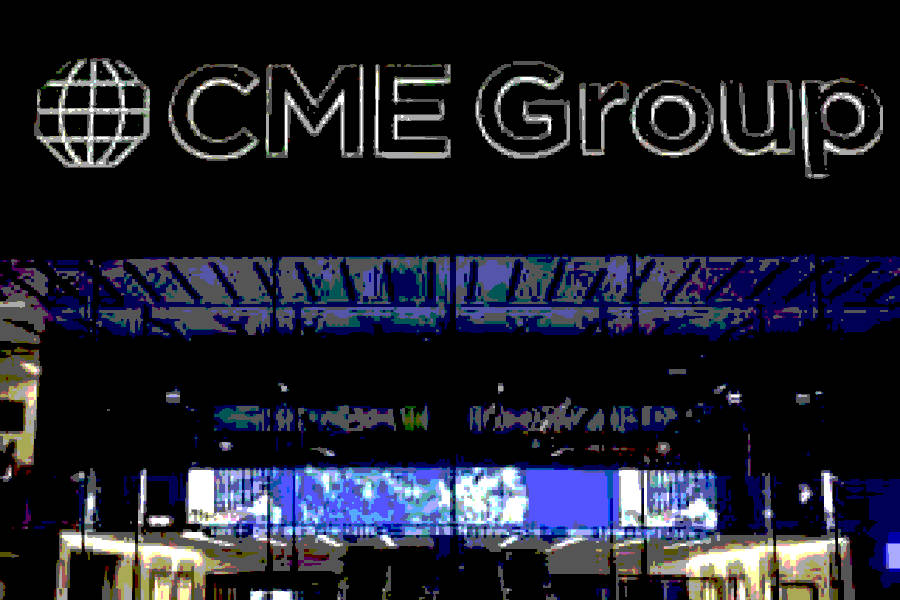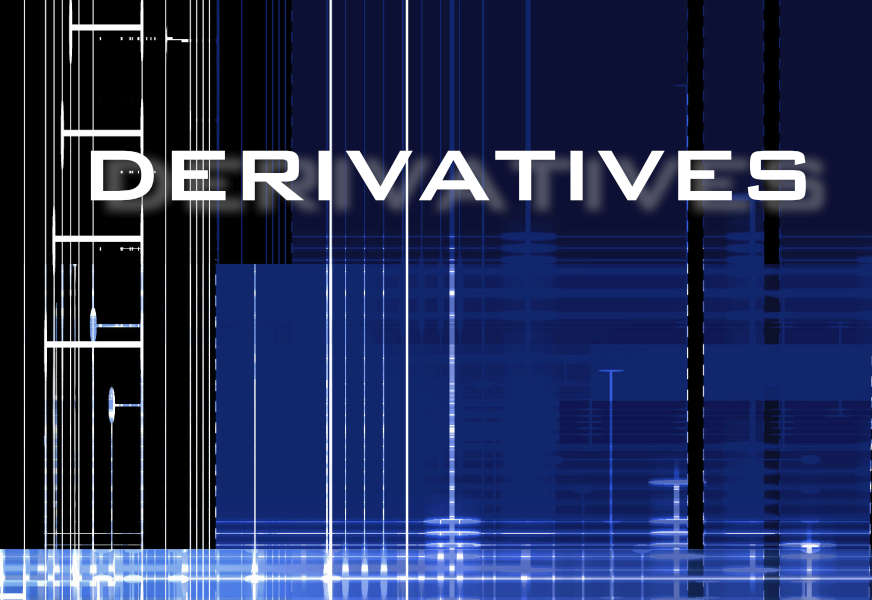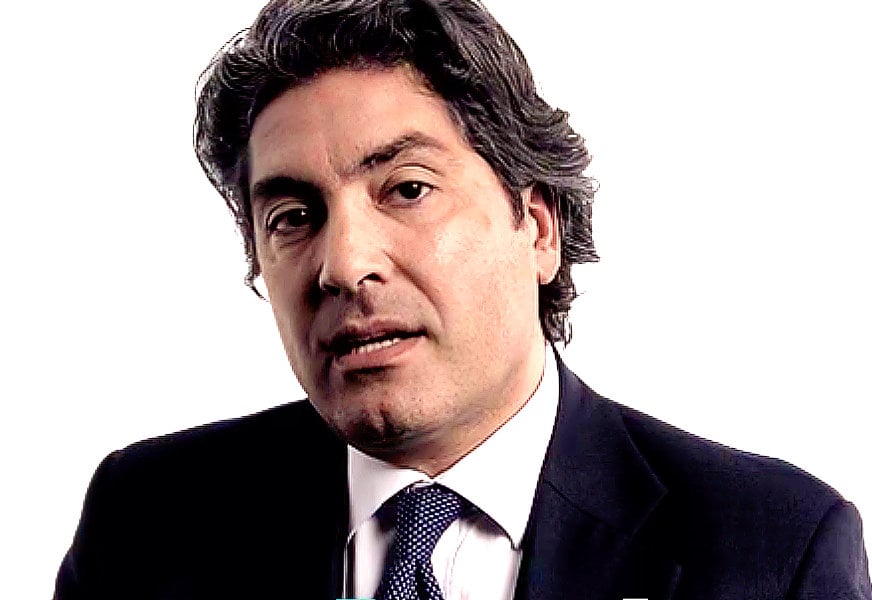Balancing a trader’s discipline and the curiosity of the millennial generation is creating a strong approach to negotiating the evolving fixed income landscape.
What are the key differences for a trader in 2017 compared to when you first started on the desk in 2006?
We have moved away from a purely operational role to a specialist function. When I started, our task was straightforward. Execute orders in line with our best execution policy while avoiding operational risk. The dealer of today is expected to have a far broader remit.
What does that mean practically?
We need to understand and implement complex and far-reaching regulatory changes to our day-to-day workflow. We are analysing our own and external market data to improve our execution process and strengthen our collaboration with the sell side. To tackle liquidity issues and evaluate our trading strategies, we build internal tools that capture and analyse the exponentially increasing amount of data available to us. We are managing relationships both internally with our portfolio managers (PMs), compliance and clients and externally with our counterparties, our order management system (OMS), potential execution management system (EMS) vendors and e-trading platforms. We are in constant discussion with the latter in order to help shape the future of fixed income dealing.
As part of our relationship model we meet sales and trading to discuss the way we execute and behave in the market. The reputation we develop is important because it affects how we can work and access liquidity in current markets.
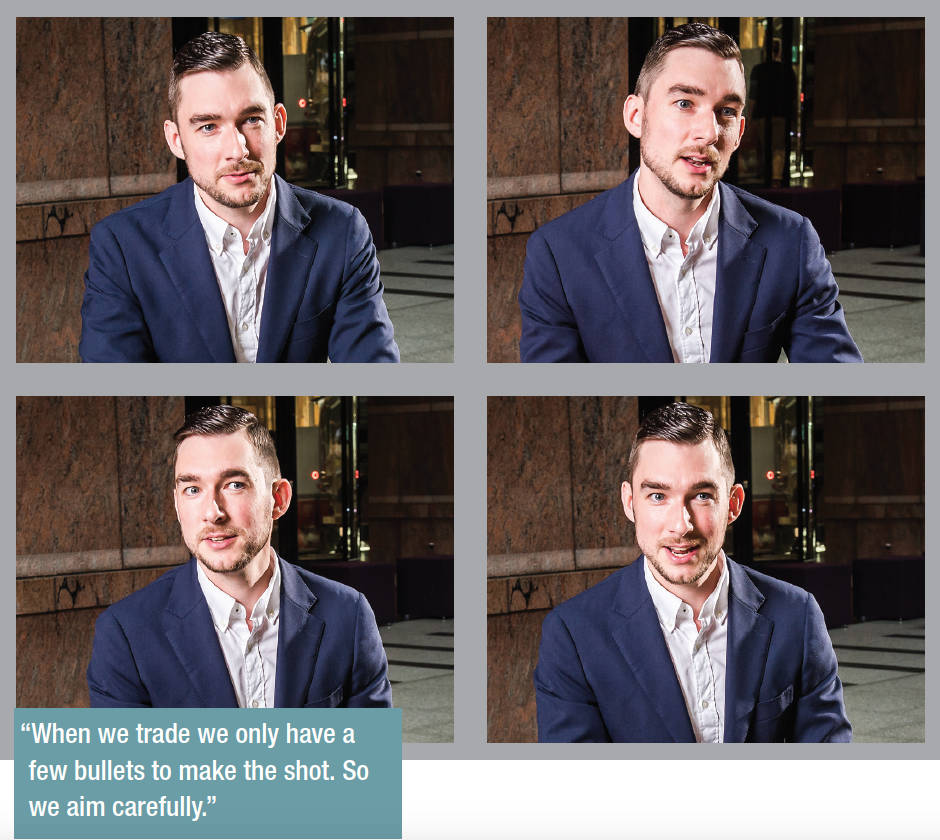 How does that perception impact execution?
How does that perception impact execution?
It makes us more valuable as a client. Fixed income is still a people business. In order to get the most from our counterparties we have to leverage those relationships effectively. Trading behaviour is important as it improves mutual trust and avoids information leakage. We only go out with a request for quote (RFQ) to a very limited number of counterparties. By being discrete and treating our counterparties fairly, we also add value for them. We want to be part of that small group of clients that traders still put their book to work for, even in difficult markets, thus improving our access to liquidity and sharp pricing when no longer available to other types of clients.
How does your approach to trading affect your need for resources?
When we trade we only have a few bullets to make the shot. So we aim carefully. Any action we take must make the best use of the resources we have at our disposal. This means data is crucial to us. We focus heavily on the pre-trade aspect. Before we initiate the RFQ we run through the data we have. To get the best selection of counterparties, we integrated axes into our pre-trade tool to find liquidity, and enriched it with data such as historical trades and counterparty performance. We track hit rates and keep track of pass rates to identify who to ask, and equally important, who not to ask on a certain bond, name or sector. We involve our PMs in this process by giving them access to the axes directly in their portfolio management tool. This approach allows us to take our best shot.
How have your operational responsibilities changed given that demand on resources?
There is no specialisation based on the products we trade. We are a desk of only three FI dealers, so everyone has to understand the specifics of each market we cover, from EUR rates to local currency emerging markets (EM), and from cash to derivatives.
We do split responsibilities based on our personal strengths though. Rudy Reyniers is a great dealer and stands out operationally, so his focus is on the day to day dealing. Cynthia Hadinoto has strong analytical and programming skills so she is developing our transaction cost analysis (TCA) and improving our reporting tools. As the senior dealer, I am focussing more on projects like MiFID II, new OMS/EMS implementation and managing the relationships with our counterparties. My fear of missing out (FOMO), which I think is a typical millennial trader phenomenon, is also driving me in trying to understand all the new platforms and having open discussions with them.
As a UCITS / AIFM firm how is MiFID II likely to impact your fixed income trading desk?
We are less impacted as a UCITS/AIFM firm than a MiFID II firm with respect to trade and transaction reporting. We are not completely exempt, information will still need to be provided when trading over an e-trading platform. We are hit by other parts of the regulation like unbundling of research. I believe the biggest impact on our desk will be the availability of data to strengthen our TCA and analytics tools thus improving our best execution process.
Why do you think there has been limited success amongst new credit trading and data platforms?
First of all, it is hard for them to get attention and involvement from clients when everyone is preparing for MiFID II. New platforms also take up additional desktop space next to the existing platforms being used. An EMS or OEMS can tackle this issue. Finally, the problem some of these platforms face is that they are evolving too slowly. They design a framework for how to trade or provide data, after which they consult the market and then their developments slow down. We appreciate that advice given is taken on board, but often an extended period is needed to implement the ideas they receive from the market.
 So, would you expect them to use something like the Agile development methodology, where there is a feedback loop in the development process?
So, would you expect them to use something like the Agile development methodology, where there is a feedback loop in the development process?
Yes exactly, the market is changing rapidly. As a platform provider, coming back one year or longer after you have run a consultation, you can no longer assume your solution will still fit as planned. For example, in 2018, in light of MiFID II, market data available in Europe will be very different to what is available today.
Where do you see value in these platforms?
We have onboarded multiple platforms currently, both in the pre-trade data as well as the trading space. These new entrants are helping us to handle data in a more structured way.
We are also investigating the different all-to-all protocols available. Our current view is that these will not replace the traditional market-maker relationship model. There might be added value for the execution of our small tickets where we see higher pass rates from our traditional counterparties. If we were to use it to execute blocks in a dark pool, it would need to suit our current workflow and be in combination with the traditional sell-side RFQ, where the preference is to trade with a relationship counterparty above trading with an unknown participant.
We are following the development in other parts of the market as well, like the standardisation of the primary issue flow, and are using other available protocols such as rules-based trading for the execution of our smaller government bond tickets. It’s important here to do thorough periodical checks on the quality of the execution and the counterparties used.
Have you seen any change in the quality and number of RFQ fills?
We are mainly struggling with the smaller tickets, as traders who are flat typically don’t want to open a €100k position. They need to follow up on this odd lot position and the repo cost can be quite expensive as the minimum repo amount could be up to €1 million. Internally we adapted to the changing liquidity by trading more tickets in smaller average sizes. Most of our flow currently is in the €1 million to €5 million bucket which is still the sweet spot of the traders.
How much internal IT development are you leveraging?
As we have the knowledge, and now also the technical skills on the desk, we are working hard on developing and expanding tools ourselves. This allows us to be more flexible and work out bespoke solutions fitting our needs. As we do not need to wait for IT budget approval, it also allows us to go faster with developments.
Are there circumstances in which that communication with PMs becomes more important?
Sure, we are sometimes faced with a situation where we have to trade large sizes in different subclasses of the bond market, ideally executed the same day. This is for our constant proportion portfolio insurance-linked funds of funds. In cases where we can anticipate this flow, we discuss the expected liquidity limits we have set to populate the model. When markets are in distress we lower the maximum limit in line with what we expect we can trade in one day. When we notice the market is in the opposite direction to our expected flow we can increase these limits as well.
So, do you see yourself as embedded within the business, rather than as an input/output to the market?
We want to add value across the whole transaction chain. We are in the midst of the investment process rather than sitting at one end, therefore we are in a perfect position to add value from the front to the back.
Let me give an example; we have been talking to our custodians about the best place to keep a certain subset of bonds, resulting in better liquidity and lower transaction costs. We also discussed a solution with regards to the matching process with our middle office that should improve both our workflows in the future.
How does your counterparty picture look right now?
Banks are no longer a one-stop-shop for everything. Even some global players have pulled back as primary dealers out of certain markets. We understand that counterparties are no longer strong across the board and are moving assets to where they believe they can add most value. We highly appreciate when they are open and transparent about that. They have to be clear about where their strengths are, and where they believe we can work together. When banks are less transparent about this we can quickly identify in their decreasing hit rates.
One of our main concerns about a counterparty stems from when they offer inconsistent pricing. We value consistency highly. We use a limited number of counterparties for a trade so we need reliability. Where we see a bank being very aggressive in one instance and not another, or if we see hit rates outperforming for one period, then followed by very bad hit rates in the next period, this is being taken into account.
Are you increasing or reducing their number?
We have grown our counterparty list to over 70 for all fixed income cash instruments. Most of these are niche counterparties for us and a select few are deep relationship counterparties. We know this is rather an extensive list but we operate in many different markets, including convertible bonds and a number of local currency emerging market bonds. Having a specialised counterparty in these specific markets can be beneficial. If we grow the list further we will be very targeted, looking to see where a counterparty can add real value.
‘Juniorisation’ of the sell side has led some traders to predict weaker relationships between buy-side and sell-side trading desks; how concerning is that?
It is concerning, but it’s part of the role of a sales-trader to explain to new traders how their clients behave and whom to step up for. So an experienced salesperson leaving could have an equally large impact on the global relationship as a trader leaving. When a new colleague joins we also provide information on our different counterparties and relationships. We did see good traders leaving banks but often enough they appear at another sell-side bank. This is when we feel that relationships really work. We do see relationships blossoming at that new bank on the back of the willingness to trade and the spreading of our good name by the familiar trader.
Biography: Joeri Wouters is a senior fixed income dealer with KBC Asset Management which manages over €100 billion in client assets. Having joined the firm in 2006 he works on the centralised dealing desk led by Nik Louwye, which executes for PMs based in Belgium, Luxemburg, Poland, Czech Republic and Ireland.
In his team, which handles bonds, equity, derivatives and forex, are three dedicated fixed income dealers and three dedicated equity dealers. Wouters has a particular interest in e-trading solutions, execution management systems (EMS) and transaction cost analysis (TCA).
©TheDESK 2017
TOP OF PAGE

